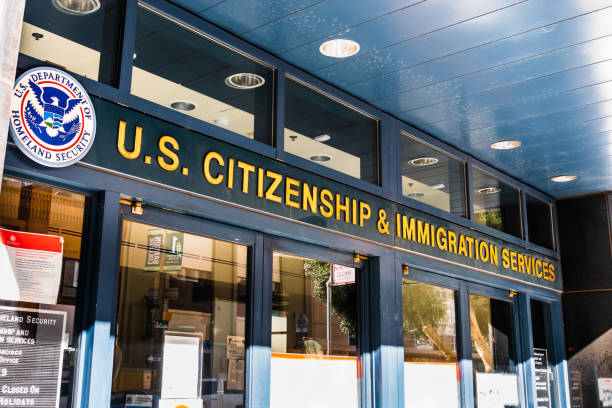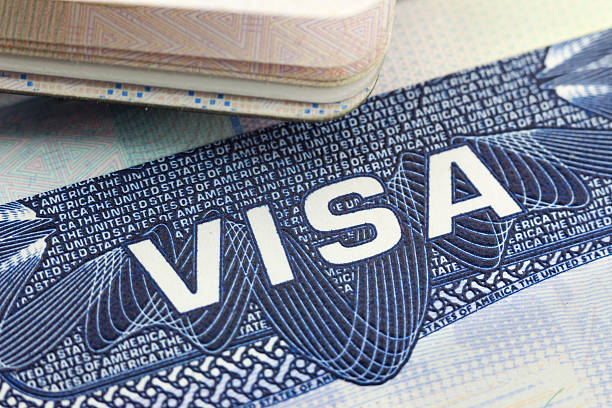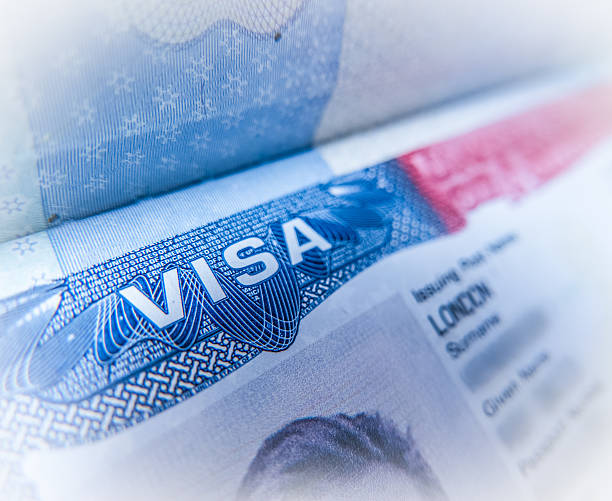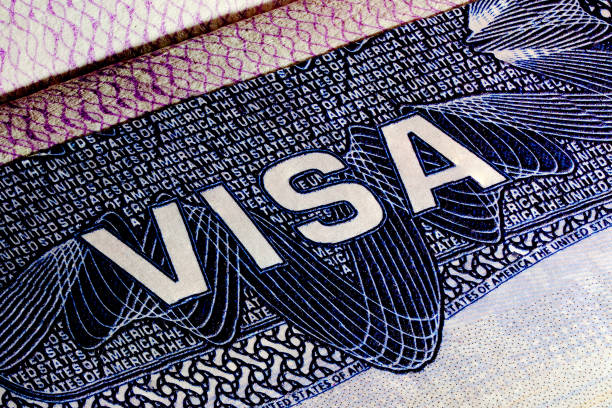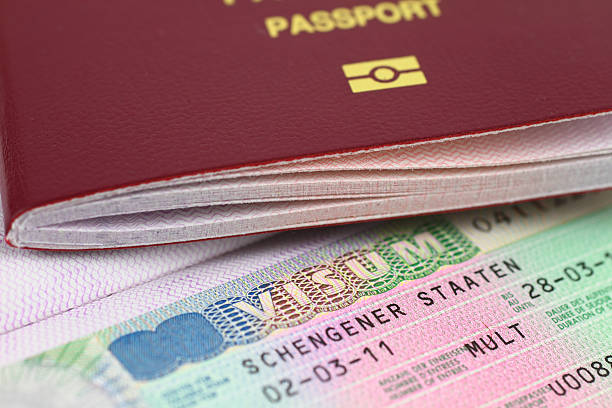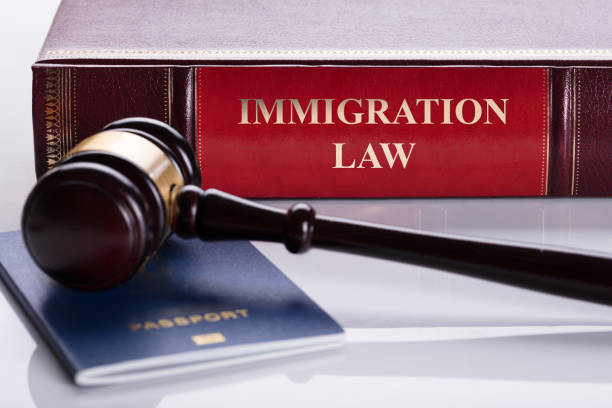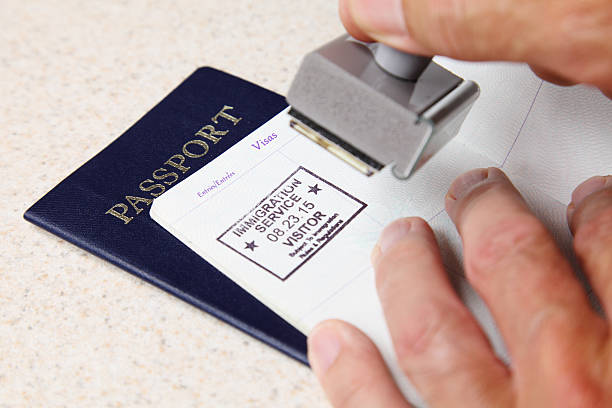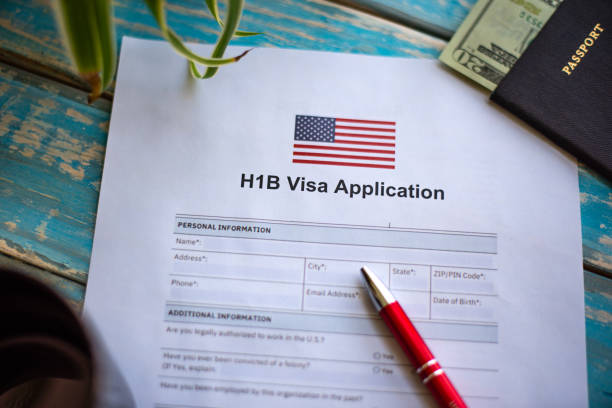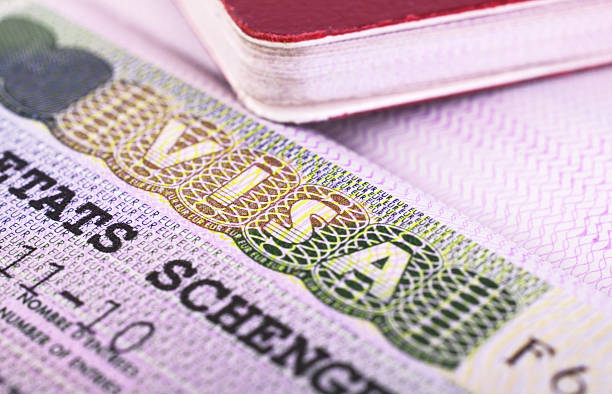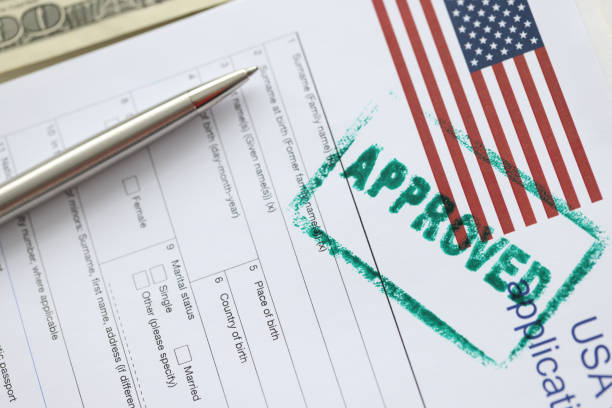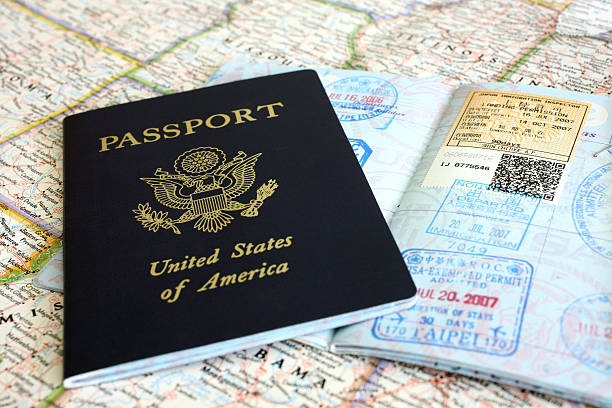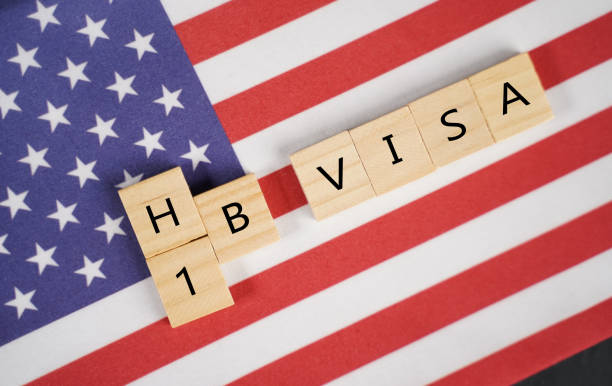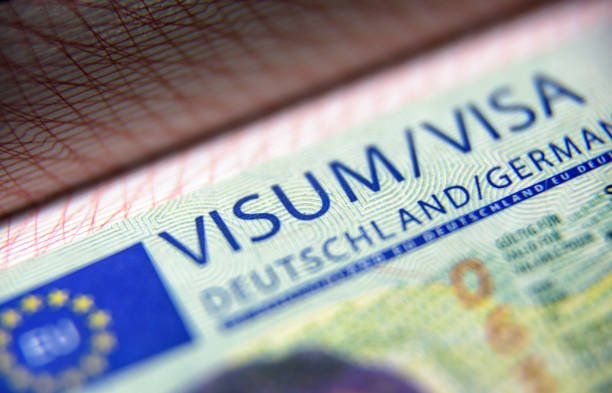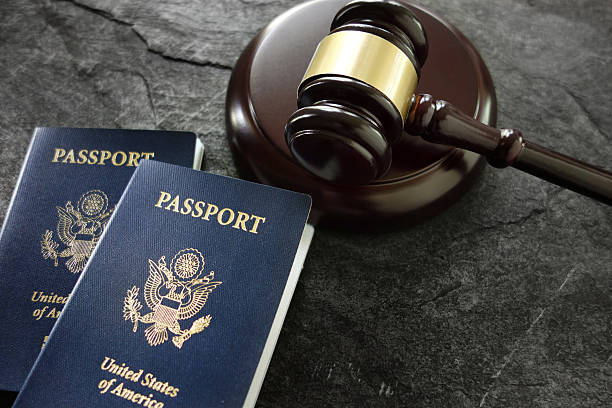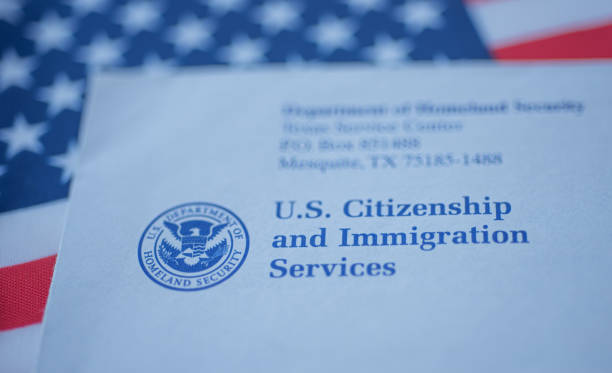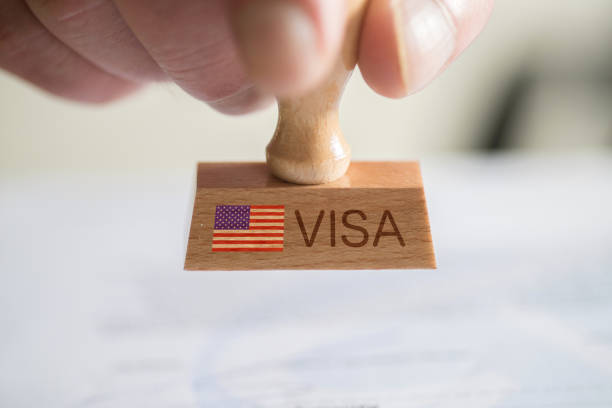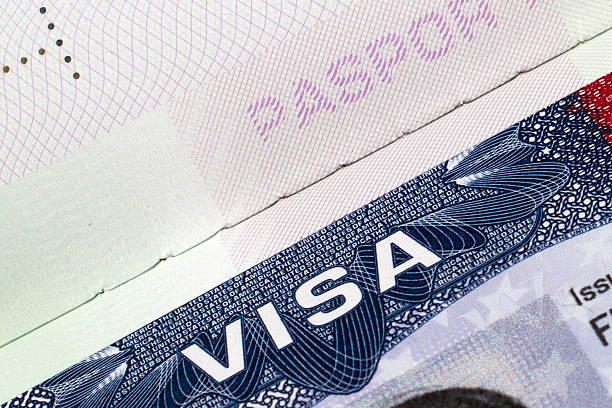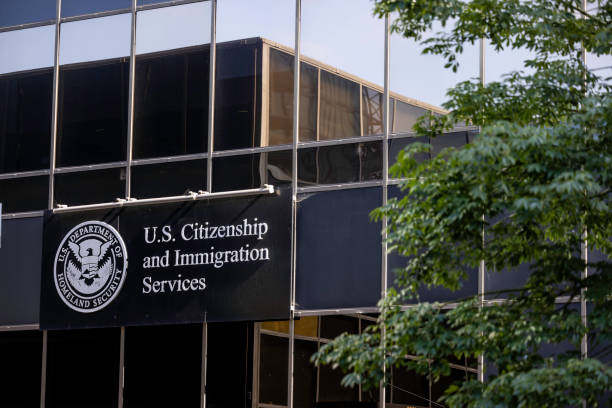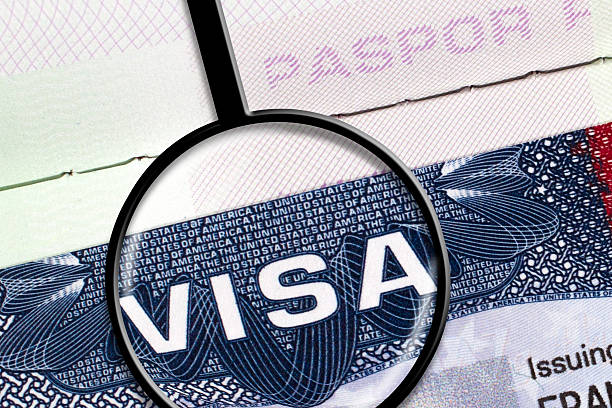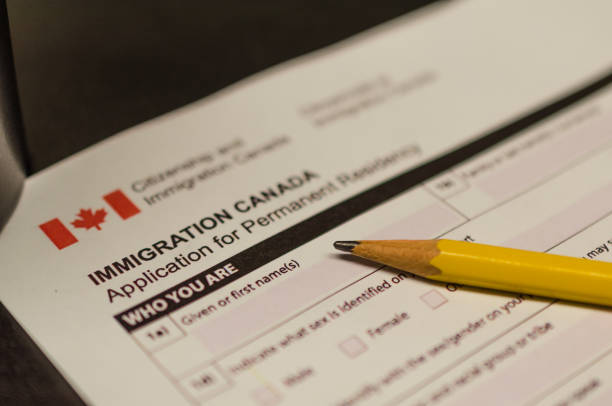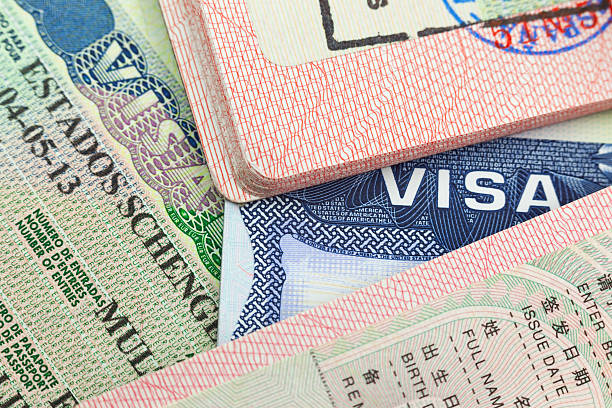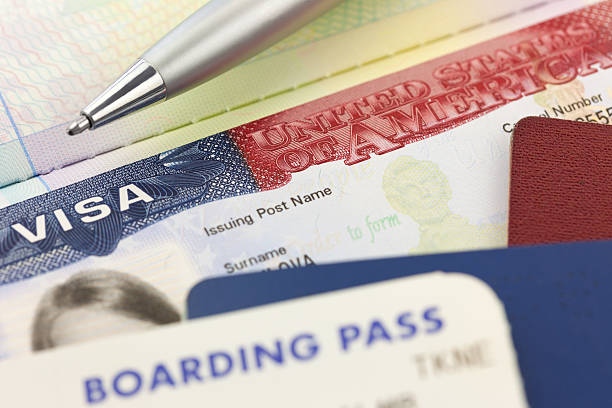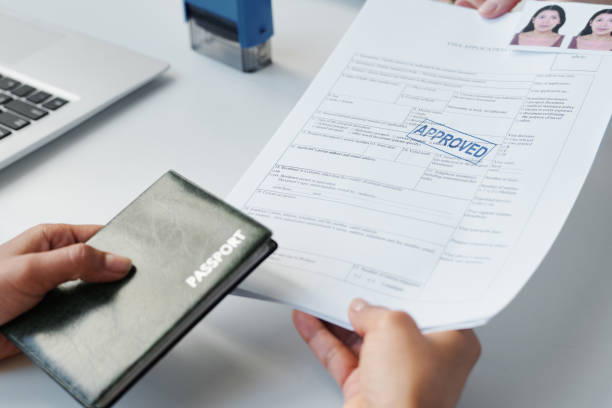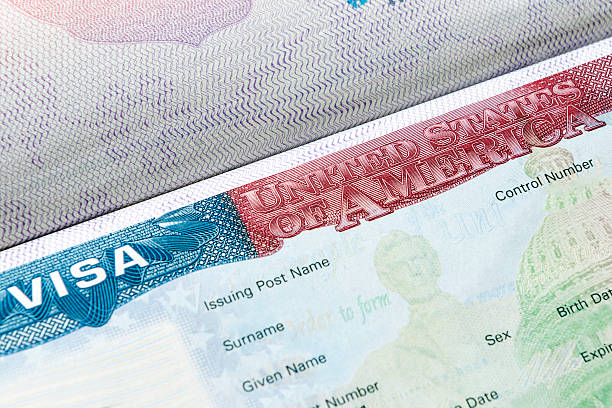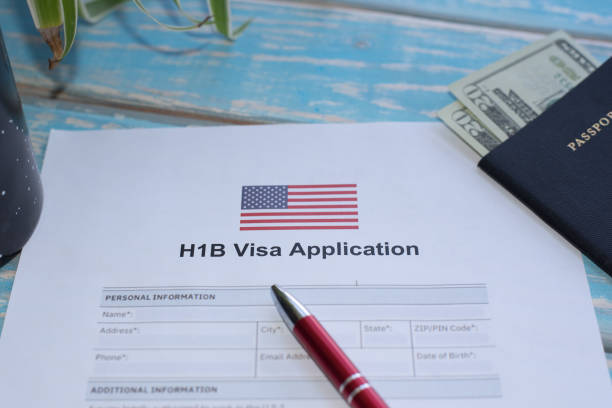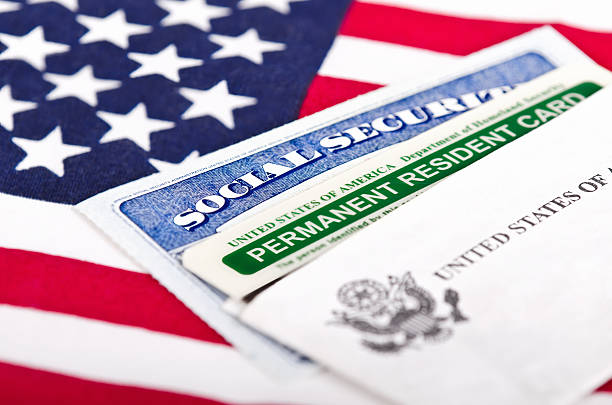
How to Avoid Immigration Scams
How to Avoid Immigration Scams
Immigration scams are a serious issue that can result in financial loss, identity theft, and even legal troubles for unsuspecting victims. Scammers often prey on individuals seeking immigration assistance, offering false promises and charging exorbitant fees for fraudulent services. To protect yourself and ensure a safe and legitimate immigration process, it is essential to be aware of common scams and know how to avoid them. Here, we provide practical tips to help you steer clear of immigration scams.
1. Understand the Common Types of Immigration Scams
Knowing the different types of immigration scams can help you recognize and avoid them. Some common scams include:
- Phony Immigration Lawyers: Scammers posing as legitimate immigration attorneys or consultants who charge high fees for nonexistent services.
- Fake Job Offers: Offers of employment in another country that require upfront payments for visa processing or travel expenses.
- Lottery Scams: Claims that you have won a visa lottery, often accompanied by requests for personal information or fees.
- Notarios Publicos: In some countries, notaries public (notarios) are authorized to provide legal advice, but in the U.S., they are not. Scammers exploit this confusion to offer unauthorized legal services.
- Online Scams: Fraudulent websites that mimic official government sites, offering to process visas or provide immigration assistance for a fee.
2. Verify Credentials
Before engaging with any immigration service provider, verify their credentials. In the U.S., for example, you can check if an attorney is licensed by contacting the state bar association. For consultants, ensure they are accredited by the appropriate regulatory body. Avoid anyone who refuses to provide proof of their qualifications or who cannot be verified through official channels.
3. Be Cautious of Upfront Payments
Be wary of any service that requires large upfront payments, especially if the fee is non-refundable. Legitimate immigration services typically charge reasonable fees that are transparent and detailed in a written contract. If a provider insists on cash payments or refuses to provide a receipt, this is a red flag.
4. Use Official Government Resources
Always rely on official government websites and resources for accurate information about immigration processes. These websites offer free information and application forms. Be cautious of third-party sites that charge for forms or services that are otherwise free from the government. Bookmark the official websites for your country of interest, such as the U.S. Citizenship and Immigration Services (USCIS) or the UK Visas and Immigration (UKVI).
5. Get Everything in Writing
Ensure that all agreements, fees, and services are documented in writing. A legitimate service provider will provide a detailed contract outlining the services they will provide, the cost, and the payment terms. Avoid providers who rely on verbal agreements or pressure you to sign documents without reading them.
6. Protect Your Personal Information
Be cautious about sharing your personal information, such as your passport number, social security number, or financial details. Only provide such information to verified, trustworthy entities. Scammers often use this information for identity theft or to create fraudulent applications in your name.
7. Beware of Unrealistic Promises
Be skeptical of anyone who guarantees a specific outcome, such as visa approval or a fast-tracked application process. Immigration processes are complex and subject to the discretion of government authorities. No legitimate service provider can guarantee results or bypass official procedures.
8. Report Suspected Scams
If you encounter a suspected scam, report it to the appropriate authorities. In the U.S., you can contact the Federal Trade Commission (FTC) or the Department of Justice. In the UK, report to Action Fraud. Reporting scams helps protect others from falling victim to fraudulent schemes and can assist authorities in taking action against scammers.
9. Seek Advice from Trusted Sources
If you are unsure about the legitimacy of an immigration service or offer, seek advice from trusted sources. This can include contacting your country's embassy or consulate, consulting with licensed immigration attorneys, or reaching out to non-profit organizations that provide immigration assistance.
10. Educate Yourself
Educating yourself about the immigration process can help you identify and avoid scams. Familiarize yourself with the official procedures, required documents, and typical timelines for the country you are interested in. Knowledge is your best defense against fraud.
Conclusion
Immigration scams can have devastating consequences, but by being vigilant and informed, you can protect yourself and ensure a legitimate and safe immigration process. Verify credentials, use official resources, and be cautious of unrealistic promises and upfront payments. By taking these precautions, you can navigate the immigration process with confidence and avoid falling victim to scams.








